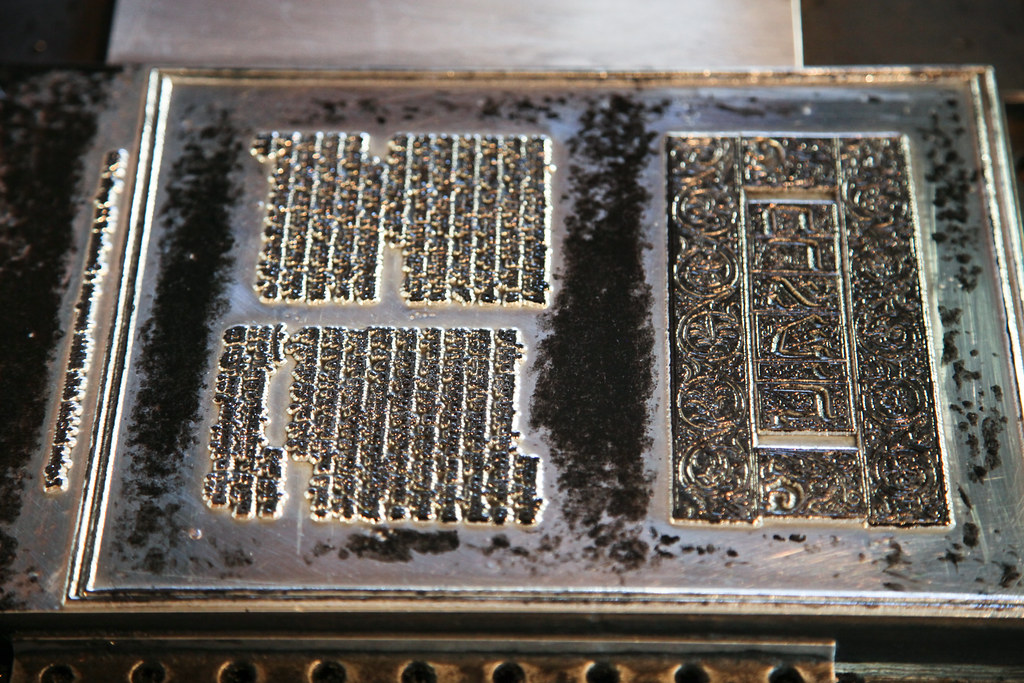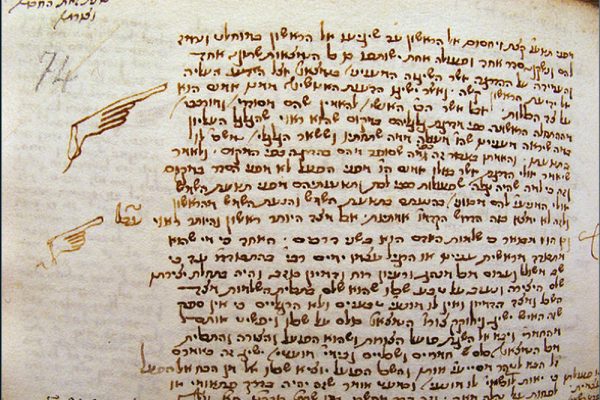Joseph R. Hacker and Adam Shear, The Hebrew Book in Early Modern Italy, University of Pennsylvania Press, 2011
 “A remarkably valuable contribution to the cultural history of the Jews in the late Middle Ages and the early modern period. The essays offer deep insights into methodological issues broadly connected to the larger general context of continuity and change, focusing on the dialogical relationship between Jewish and non-Jewish identities, especially on the constitutive forces ushering in the modern age.”—Robert Bonfil, Hebrew University of Jerusalem
“A remarkably valuable contribution to the cultural history of the Jews in the late Middle Ages and the early modern period. The essays offer deep insights into methodological issues broadly connected to the larger general context of continuity and change, focusing on the dialogical relationship between Jewish and non-Jewish identities, especially on the constitutive forces ushering in the modern age.”—Robert Bonfil, Hebrew University of Jerusalem
The rise of printing had major effects on culture and society in the early modern period, and the presence of this new technology—and the relatively rapid embrace of it among early modern Jews—certainly had an effect on many aspects of Jewish culture. One major change that print seems to have brought to the Jewish communities of Christian Europe, particularly in Italy, was greater interaction between Jews and Christians in the production and dissemination of books.
Starting in the early sixteenth century, the locus of production for Jewish books in many places in Italy was in Christian-owned print shops, with Jews and Christians collaborating on the editorial and technical processes of book production. As this Jewish-Christian collaboration often took place under conditions of control by Christians (for example, the involvement of Christian typesetters and printers, expurgation and censorship of Hebrew texts, and state control of Hebrew printing), its study opens up an important set of questions about the role that Christians played in shaping Jewish culture.
Presenting new research by an international group of scholars, this book represents a step toward a fuller understanding of Jewish book history. Individual essays focus on a range of issues related to the production and dissemination of Hebrew books as well as their audiences. Topics include the activities of scribes and printers, the creation of new types of literature and the transformation of canonical works in the era of print, the external and internal censorship of Hebrew books, and the reading interests of Jews. An introduction summarizes the state of scholarship in the field and offers an overview of the transition from manuscript to print in this period.
Review by Pinchas Roth for the National Jewish Book Council
Jews and books have been in a long relationship that has often been very intimate. The historical moments when that intimacy has been torn away and outsiders have peered in critically have been traumatic (the medieval Talmud debates come to mind). In early modern Italy, however, Jewish books played a central role in the cultural wars that were roiling Christian society. Many Christian intellectuals read Hebrew, and many Jews read works in Latin and Italian.
This rich collection of studies is primarily the fruit of a year-long research group at the University of Pennsylvania in 2006. The chapters delve deeply into fascinating and generally unknown aspects of this subject: the beginnings of state-sponsored censorship of Hebrew manuscripts in fifteenth century Florence, the business considerations that led Daniel Bomberg into Hebrew printing, Jews interrogated by the Inquisition because of the dangerous Latin works they were reading, and the internal state of Hebrew printing and book production during these turbulent times. The clear focus of the volume as a whole makes it an important contribution to the history of the Hebrew book and to early modern Jewish history.









